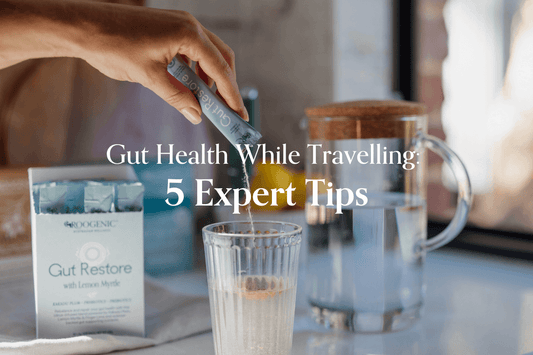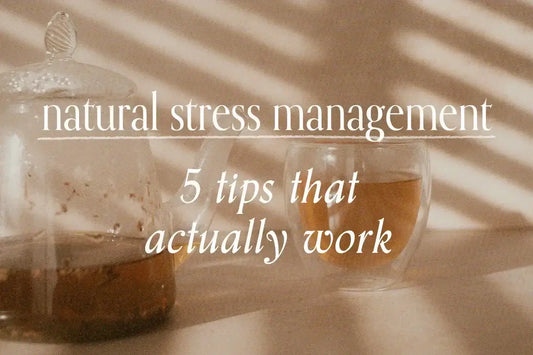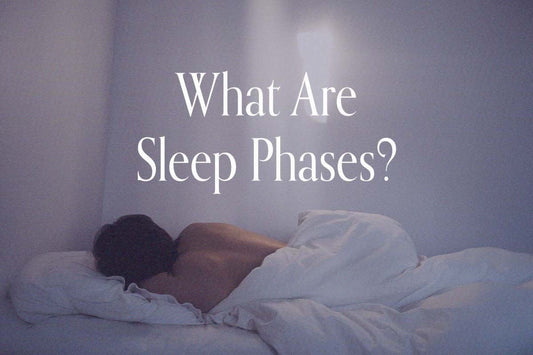What makes you so passionate about helping people to improve their sleep quality?
I have struggled with mental health basically all my life - anorexia, anxiety and depression. I know how it feels to be helpless and have no solutions. So - when I started to overcome my issues when I was 17 (note - this was a temporary recovery, I later relapsed), I knew I had to help others overcome their issues too. Alas, I studied a range of degrees in the wellness space - a Bachelor of Social Science (Psychology), Certificate of Sleep Psychology, A diploma of Health Science (Nutritional Medicine) and a Cert 3+4 in Fitness.
I figured I could help people feel their best with these degrees - however I didn’t know exactly how. However, when I started coaching, my first sleep clients had incredible results in next to no time. When I mentioned this to others, every person I met wanted me to help them with their sleep too.
I realised that if I, like them, had a sleep problem, there was no one in the mainstream media who was a guide, a leader for their healing - naturally, without pharmaceuticals.
Thus, I saw a need, I knew I had the skills to help, and specialised my work in the area. That was 2018, and since then, I’ve been on Forbes, been on national TV shows such as Sunrise, The Today Show and Studio 10, have done global campaigns with leading brands such as Sealy Posturepedic, Ikea and Samsung, and written a book - Bear, Lion, Wolf - which is now published in 11 countries.
I’m happy to say that my intention to help others feel their best, and overcome their issues, is happening each and every day!
Is there a relationship between stress and sleep?
Yes, definitely. Lack of sleep can increase our stress hormone cortisol by 37% after just one night of insufficient sleep, which makes us feel anxious, wired and unable to switch off.
However, when we are stressed, due to hyperactivity of our nervous system, we have increased levels of adrenaline, so it’s difficult to switch off - so it’s a vicious cycle.
What effect does poor sleep have on other areas of our life?
Mentally, when we lack sleep our brains do not cleanse properly - there is a lack of beta-amyloid detoxification, leaving us unable to think straight, concentrate or focus. This would cause incredible frustration and emotional anguish, considering it’s in addition to the fatigue and stress caused by lack of sleep as well.
Physically, it compromises the production of Human Growth Hormone (hGh), which is responsible for cellular repair and recovery, which is why we feel so wiped out after a lack of sleep. Perspecitvely, 70% is produced in slow wave sleep, so if we don’t have enough deep sleep, we don’t produce this hormone as we need to, and thus, we feel exhausted.
Do you have any recommendations for practicing better sleep hygiene?
My number one strategy is to practice my signature bedtime routine, which includes:
- Block out blue light a minimum 2 hours before bed. In the presence of blue light, our sleepiness hormone melatonin is suppressed - making it harder to fall and stay asleep. Perspectively, a 2020 study found those wearing blue light blocking glasses were able to fall asleep 79% faster, compared to a group wearing placebo (fake) glasses. I have recommended blue light glasses in my sleep shop.
- Take lavender capsules. A 2010 study published in academic journal Phytomedicine noted that lavender oil capsules could improve sleep quality by 45%, and reduce anxiety by 59% - ideal for those who can’t switch off in the evening.
- Disconnect from tech. A 2012 study found that being on your phone in the last hour before bed increases the likelihood that you’ll take over an hour to fall asleep by 48%. Make it easy for yourself by having an alarm that reminds you to disconnect, and label this alarm ‘sleep better’.
- Take a shower - by emerging from a steamy shower to a cooler bathroom; your core body temperature drops and sleepiness hormone melatonin is produced - as noted by a 2019 study lead by The University of Texas at Austin. Ideally, this is one hour before bed too.
- Take a magnesium based sleep supplement. A 2017 paper by The University of Leeds highlighted magnesium could reduce anxiety by 31% - which can otherwise contribute to restless, light sleep.
- Read. A 2009 study by the University of Sussex found this can reduce stress by 68%, with the effects starting in just six minutes. My book recommendation has to be my own - Bear, Lion, or Wolf (naturally!).
- Wear an eye mask: Remember - blocking out light is the number one way to improve your sleep, and that includes through the evening.
Which Roogenic products do you recommend to support sleep?
I love Native Sleep! The inclusion of lemon myrtle is my favourite - not only for taste, but also because it provides magnesium, one of our main nutrients to promote bodily relaxation.



Visit Olivia's website for more information on how to get the best sleep!




